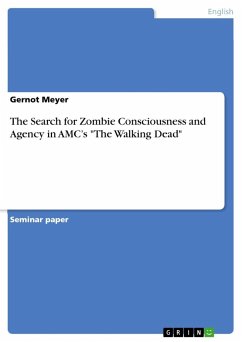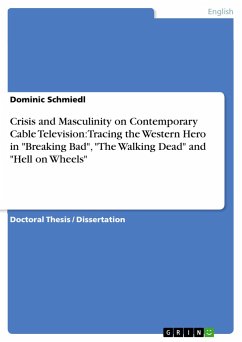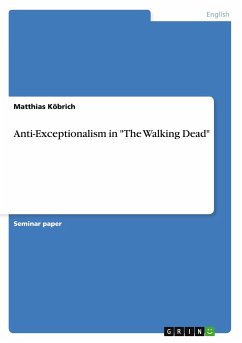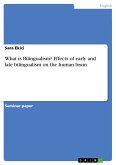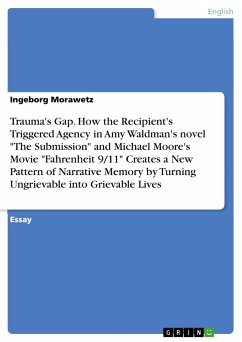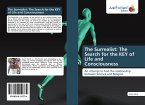Seminar paper from the year 2017 in the subject English Language and Literature Studies - Literature, grade: 1,3, Bielefeld University (Fakultät für Linguistik und Literaturwissenschaft: Anglistik), course: Modulprüfung (Profilmodul 2 - British Studies), language: English, abstract: Zombies are - considering the significant amount of media input - nearly all around us. What was once a niche genre, has long spread and entered the public consciousness and pop culture through a variety of movies and, more recently, through one very successful TV series adaption of a comic series, "The Walking Dead" (2010) and its recent spinoff, "Fear the Walking Dead" (2015). Video game series like Left 4 Dead or Dead Island likewise increased the ever-growing stack of zombie productions. And whereas there were few or no academic works specifically about zombies in the past, there is now a considerable part of academia that explores and observes the zombie from many different angles. There are works which examine the zombie culture according to philosophical, religious, historical, political or even environmental points of view. One issue that is being explored in these works is the question of humanity and how much of it is still contained in a zombie. As zombies are still able to fulfill basic human functions such as eating or walking, this inevitably leads to questions of human and zombie consciousness. If a person is "zombified", does he or she still have access to the feelings of the person that was bitten? Can these feelings be accessed and influence the zombie's behavior? Or will a zombie always act like a mindless machine, never stopping and never settling for any less than human flesh?This paper seeks to explore the questions mentioned above by analyzing scenes from the first, second and third season of AMC's TWD. I will first (Chapter 2) seek to explore how alive and conscious the living dead actually are, essentially ask, how much of a human there is still in them. I will first introduce neuroscientific/biological ideas to discuss how "active" a zombie's brain is and later add neurobiological and philosophical input about consciousness. These thoughts, with an emphasis on the neuroscientific/biological theories, will provide the background for the analysis (Chapter 3): There I will analyze a selection of scenes from TWD's first three seasons and investigate how the series portrays the zombies' level of consciousness and agency. Finally, I will conclude my findings.

